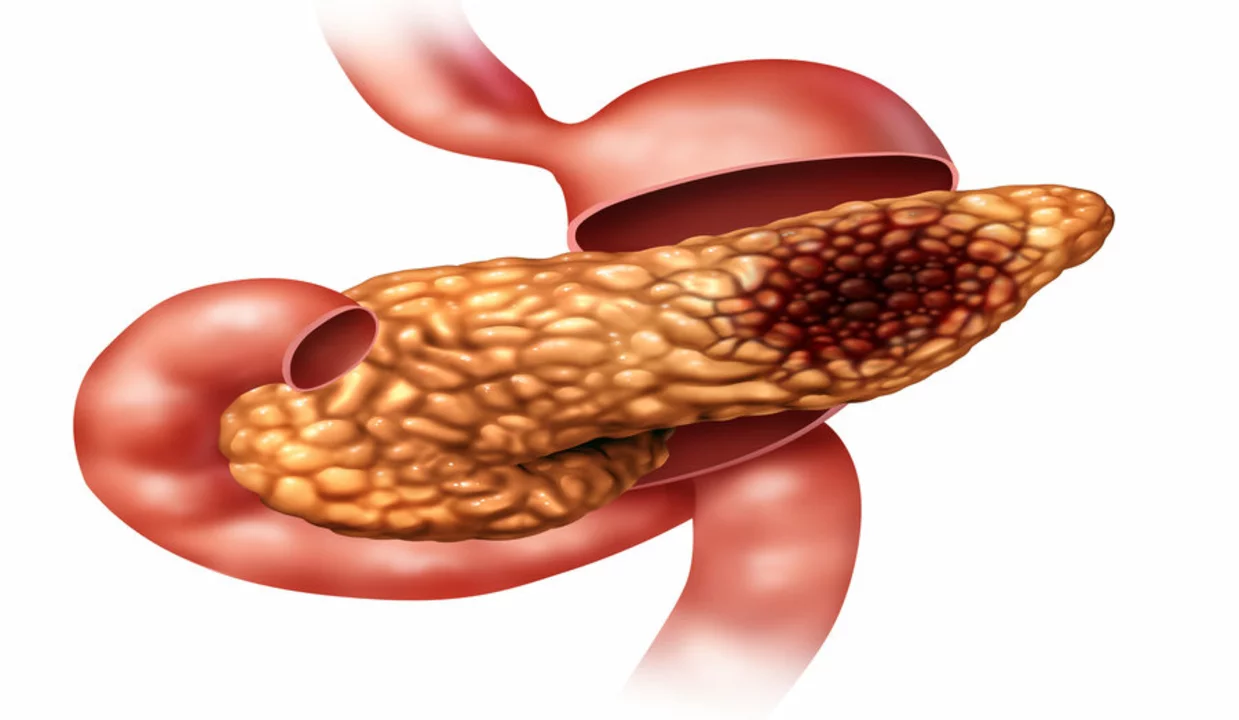Pancreatic Cancer: What You Need to Know
Pancreatic cancer is one of the most challenging illnesses out there, mainly because it often doesn’t show clear signs early on. This makes it tough to spot and treat in time. If you or someone you care about wants to learn the basics, this guide breaks down what pancreatic cancer really is, how to spot it, and what treatments are available.
Why Early Detection Matters
One of the biggest problems with pancreatic cancer is that symptoms usually appear late. When they do, you might experience unexplained weight loss, stomach pain, jaundice (yellowing of the skin or eyes), or changes in digestion. These signs can be confusing because they look like issues from less serious conditions. That’s why understanding risk factors like smoking, family history, and chronic pancreatitis helps with earlier attention and screening.
If you hit any of those risk points, talk to your doctor about screening tests. Imaging exams like CT scans or MRIs can reveal tumors before they cause major symptoms. Catching pancreatic cancer early can open up more treatment choices and improve outcomes.
What Treatment Looks Like
When pancreatic cancer is found early, surgery to remove the tumor is often the best option. But because many cases are caught later, treatments can also include chemotherapy or radiation to slow down the disease and ease symptoms. Doctors often combine these approaches to target the cancer effectively. It’s tough, and no treatment is one-size-fits-all, but advances in medicine have made a difference for many patients.
Remember, lifestyle changes like quitting smoking and keeping a healthy diet can lower your risk and support your overall health during treatment. Staying informed and proactive plays a huge role in managing pancreatic cancer. It might be scary to hear about it, but knowing what to look for and how to respond is the best defense.
If you suspect anything or have risk factors, don’t wait — reach out to your healthcare provider to discuss your concerns. Early action truly matters.

Pancreatic Cancer in Children and Young Adults: Rare but Important to Know
As a blogger, I feel it's crucial to raise awareness about rare medical conditions such as pancreatic cancer in children and young adults. Although it's not as common as other types of cancer, it's still important to recognize the symptoms and seek early treatment. By doing so, we can improve the chances of successful outcomes and better quality of life for those affected. I encourage everyone to educate themselves and spread the word about this rare but significant health issue. Together, we can make a difference in the lives of those who need our support.
Read More